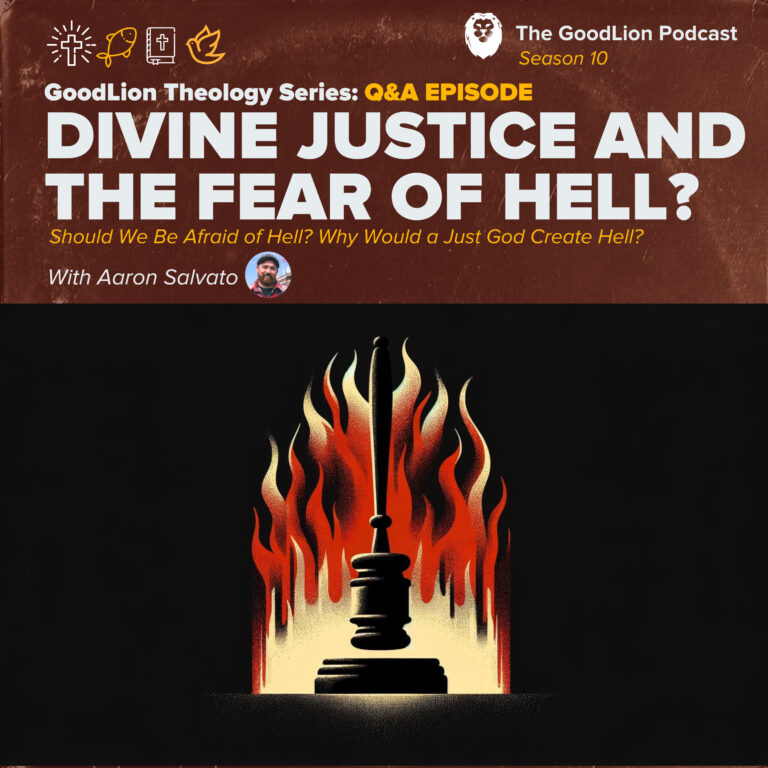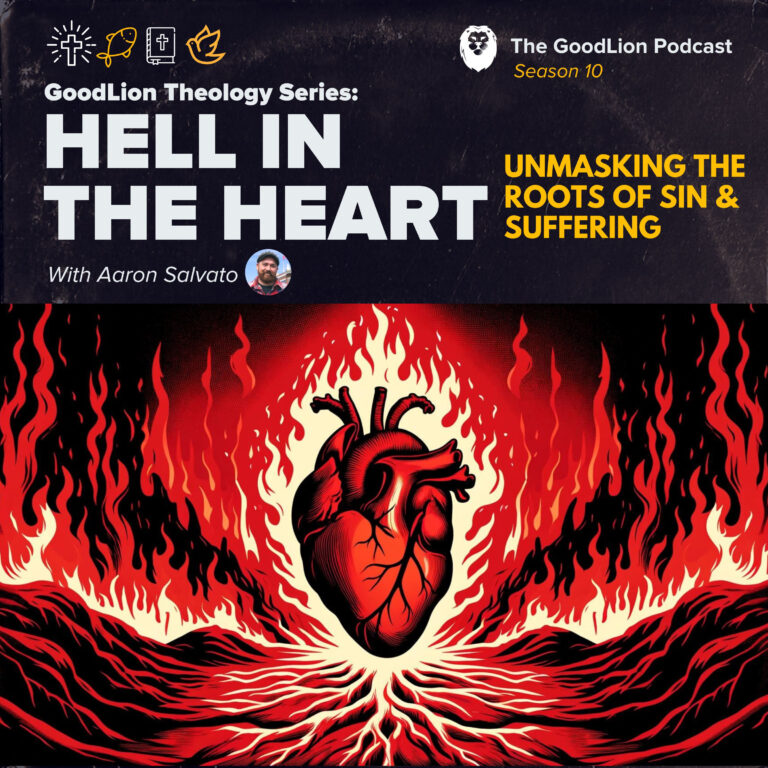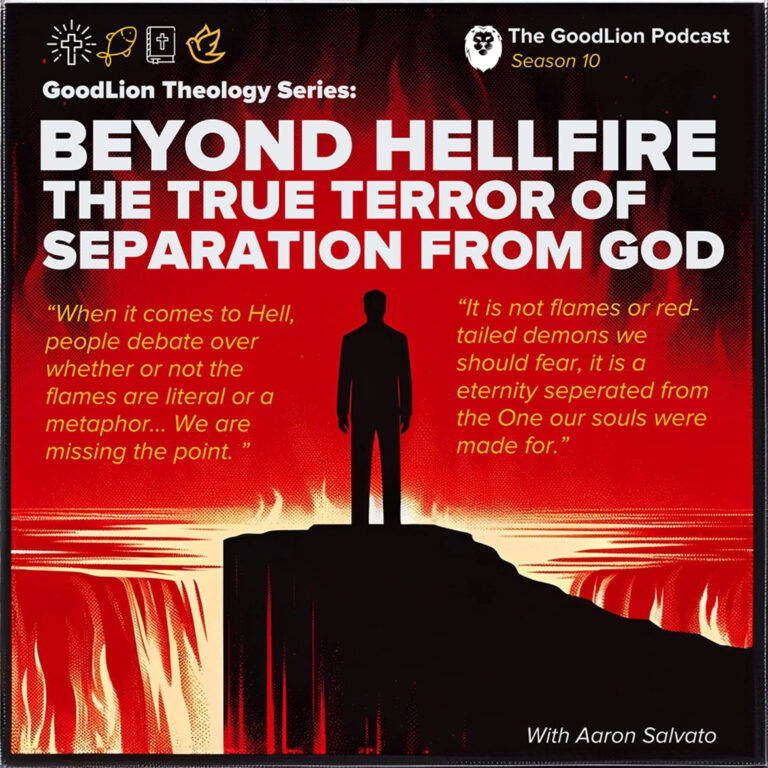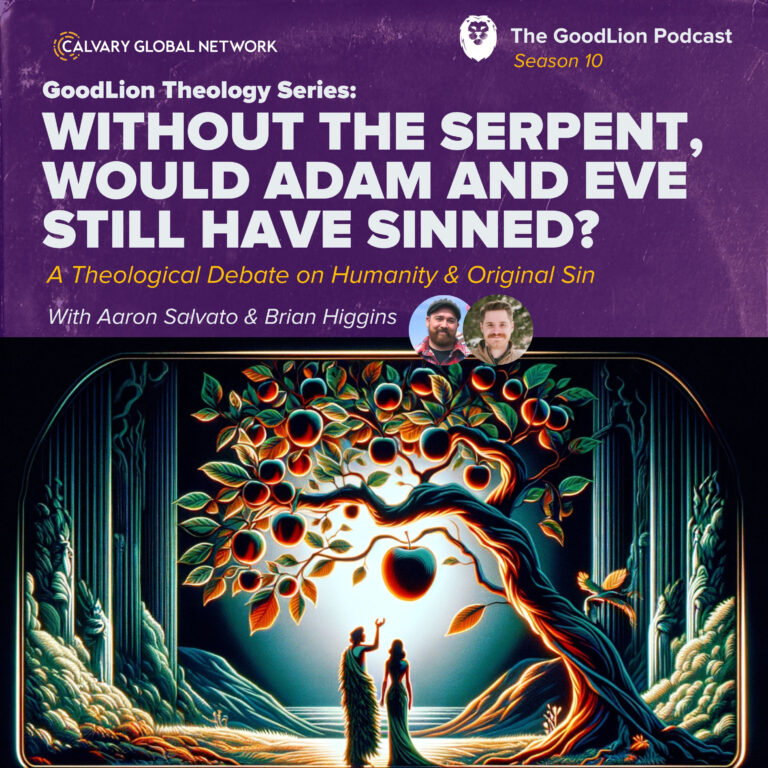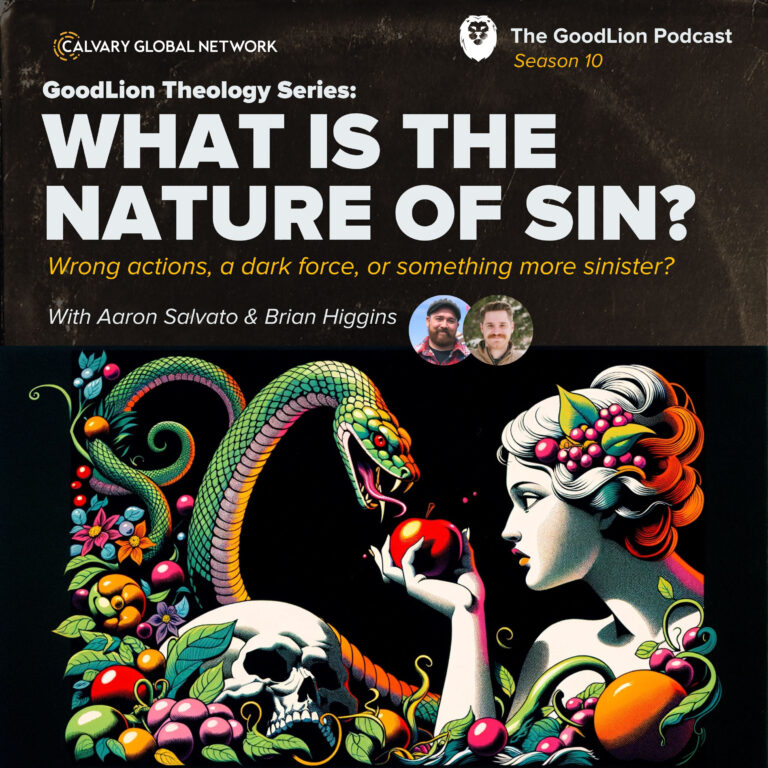
Editor’s note: this is the first post in a four part mini-series of devotionals that all center on the topic of worldview. Each post will examine one element of what constitutes a worldview and show how the Christian worldview most accurately describes life as we see it.
Today we continue with our four-part devotional on worldview and now the ethical question; Morality – How do I differentiate between good and evil?
Can we live without God? Can we determine for ourselves what is good and what is evil?
Without God, and our Savior Jesus Christ, is it possible to make good decisions when faced with difficulties?
Atheist ethicist (oxymoron, no?) Kai Nelson –
“Pure practical reason, even with a good knowledge of the facts, will not take you to morality.”
Atoms, particles, logic, or reason cannot impart on us an ‘ought to’, can they?
We all have a sense of morality, objective morality. By this, I mean something is objective if it does not depend on the opinions or beliefs of another person, or even many people to make it true. In other words, whether everyone else agrees with you or disagrees with you about something, you know it’s right/wrong. A wise man once told me, ‘James, you just know it in your knower…‘.
Simply, our morality flows from His nature…we are made in His image (Genesis 1.26-27).
This implies an absolute, and we cannot make sense of the objectivity of morality without God.
We have an inbuilt sense of right and wrong, stemming from God Himself, the Bible tells us that God has written His laws onto our hearts (Jeremiah 31.33, Hebrews 10.16, 8.10).
Our Christian lens on the world tells us that God is goodness itself (Mark 10.18, Psalm 119.68), and our Christian lens tells that in the face of moral decisions, there is a sense of ‘oughtness’, there is a sense of compulsion to do something, or to refrain from something.
Simply, our view of morality, of Truth, is personified in Jesus Christ. Contrary to the teachings and beliefs of human philosophers and others, Truth, absolute Truth, exists. “Truth” occurs 141 times in 130 verses in the ESV.
And here’s the impact, the take-home, this means we have the answers to every ethical difficulty, dilemma, or decision we ever need to make.
Truth is recorded in God’s Word, John 17.17 says ‘…your word is truth.’, and Psalm 119.160 says ‘…the sum of your word is truth.’ We can find the answers to life’s questions in the Bible, wherein we read the Word of God.
Truth is meant to be the focal point of our lives. We are to know the Truth and to live it, and with Jesus and a Christ-shaped lens on life, we can, for His glory.


